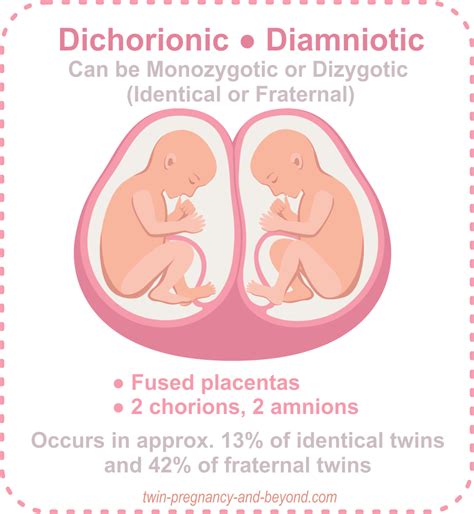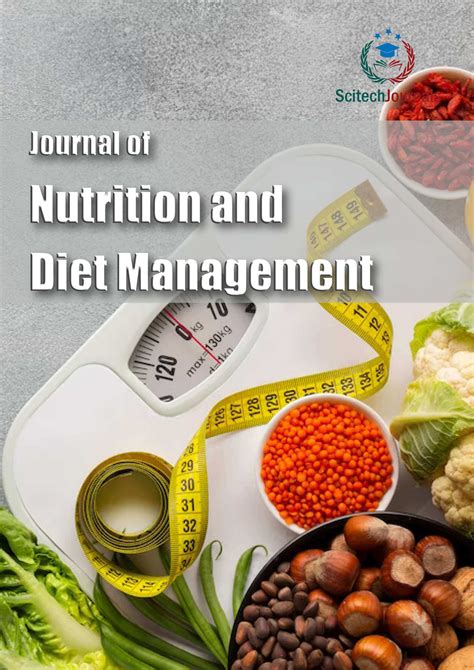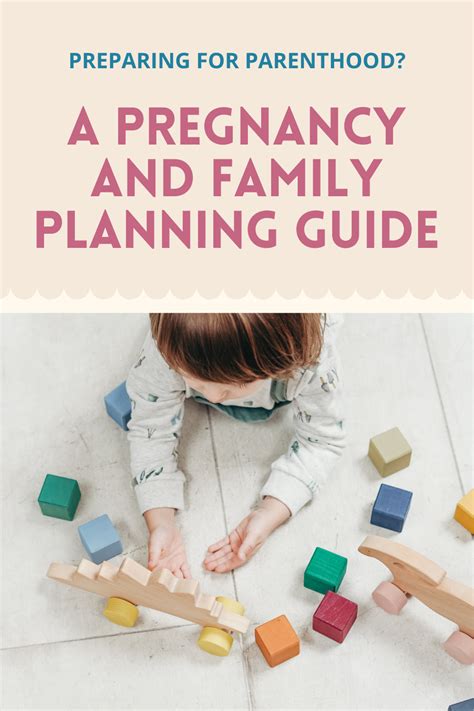Intro
Discover 5 essential tips for pregnant twins, including prenatal care, nutrition, and preparation for a healthy twin pregnancy, ensuring a smooth journey with multiple births and parenting twins.
Carrying twins can be a unique and exciting experience for expectant mothers. However, it also comes with its own set of challenges and requirements. As the body undergoes significant changes to accommodate the growth of two babies, it's essential for mothers-to-be to prioritize their health and well-being. In this article, we will delve into the world of twin pregnancy, exploring the importance of proper care, nutrition, and lifestyle adjustments to ensure a healthy and happy outcome for both the mother and her babies.
The journey of carrying twins is unlike any other pregnancy experience. The body must work harder to support the growth of two fetuses, which can lead to a range of physical and emotional changes. From morning sickness to back pain, and from mood swings to fatigue, the symptoms of twin pregnancy can be intense. Moreover, the risk of complications such as gestational diabetes, hypertension, and preterm labor is higher in twin pregnancies. Therefore, it's crucial for expectant mothers to be aware of the potential challenges and take proactive steps to manage their health.
As the news of carrying twins sinks in, many mothers-to-be are filled with a mix of emotions - excitement, joy, and sometimes, anxiety. The thought of caring for two newborns can be daunting, especially for first-time parents. However, with the right guidance, support, and mindset, mothers can navigate the journey of twin pregnancy with confidence and enthusiasm. In the following sections, we will explore the essential tips and advice for pregnant women carrying twins, covering topics such as nutrition, exercise, and lifestyle adjustments.
Understanding Twin Pregnancy

Types of Twin Pregnancy
There are two main types of twin pregnancy: dichorionic-diamniotic (Di-Di) and monochorionic-diamniotic (Mo-Di). Di-Di twins have two separate placentas and amniotic sacs, while Mo-Di twins share a placenta but have separate amniotic sacs. The type of twin pregnancy can affect the risk of complications and the management of the pregnancy. For example, Mo-Di twins are at a higher risk of twin-to-twin transfusion syndrome, a condition where one twin receives more blood than the other.Nutrition and Diet

Some key nutrients to focus on include:
- Folic acid: essential for preventing birth defects of the brain and spine
- Iron: crucial for the production of red blood cells and preventing anemia
- Calcium: necessary for the development of the babies' bones, teeth, and muscles
- Protein: important for the growth and development of the babies
Meal Planning and Snacking
Meal planning and snacking are essential for managing hunger and ensuring adequate nutrition. Expectant mothers should aim to eat smaller, frequent meals throughout the day, rather than three large meals. This can help prevent nausea, vomiting, and heartburn. Healthy snacks such as fruits, nuts, and yogurt can also help curb hunger and provide essential nutrients.Exercise and Physical Activity

Some safe exercises for twin pregnancy include:
- Brisk walking
- Swimming
- Prenatal yoga
- Pelvic tilts
- Kegel exercises
Modifying Exercise Routines
As the pregnancy progresses, expectant mothers may need to modify their exercise routines to accommodate their growing belly and changing body. This may involve avoiding high-impact activities, taking regular breaks, and focusing on low-impact exercises such as yoga or swimming.Lifestyle Adjustments

Some lifestyle adjustments to consider include:
- Getting enough sleep: aiming for 8-10 hours of sleep per night
- Practicing stress-reducing techniques: such as meditation, deep breathing, or yoga
- Avoiding heavy lifting and bending: to reduce the risk of preterm labor and back pain
- Staying hydrated: drinking plenty of water throughout the day
Building a Support Network
Building a support network is essential for navigating the challenges of twin pregnancy. Expectant mothers should surround themselves with loved ones, join twin pregnancy support groups, and connect with other mothers who have experienced twin pregnancy. This can provide emotional support, practical advice, and a sense of community and belonging.Preparing for Parenthood

Some key things to consider when preparing for parenthood include:
- Creating a birth plan: outlining preferences for labor, delivery, and postpartum care
- Building a support network: surrounding yourself with loved ones and other parents
- Preparing the home: setting up the nursery, baby gear, and safety-proofing the home
Managing Finances
Managing finances is an essential aspect of preparing for parenthood. Expectant mothers should consider the costs of raising twins, including diapers, formula, childcare, and healthcare expenses. Creating a budget and saving for the future can help reduce financial stress and promote a sense of security and stability.What are the risks of twin pregnancy?
+Twin pregnancy carries a higher risk of complications such as gestational diabetes, hypertension, and preterm labor. However, with proper care and management, many of these risks can be minimized.
How can I manage morning sickness during twin pregnancy?
+Morning sickness can be intense during twin pregnancy. Eating small, frequent meals, staying hydrated, and avoiding triggers such as strong smells and spicy foods can help manage symptoms.
What are the benefits of breastfeeding twins?
+Breastfeeding twins can provide numerous benefits, including promoting bonding, supporting immune system development, and reducing the risk of infections and allergies.
As we conclude our journey through the world of twin pregnancy, we hope that expectant mothers have gained valuable insights and advice for navigating this unique and exciting experience. By prioritizing health, nutrition, and lifestyle adjustments, mothers-to-be can promote a healthy and happy outcome for both themselves and their babies. We invite readers to share their own experiences, ask questions, and seek support from our community of expectant mothers and healthcare professionals. Together, we can build a supportive and informative network that empowers women to thrive during twin pregnancy and beyond.
